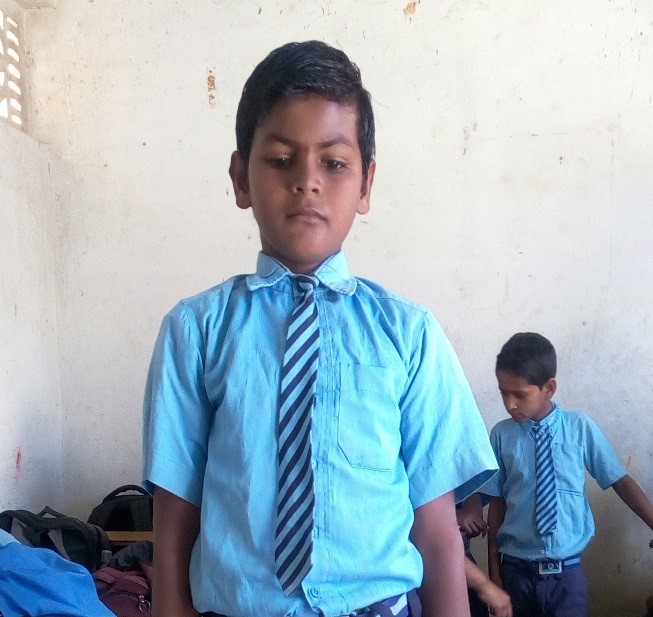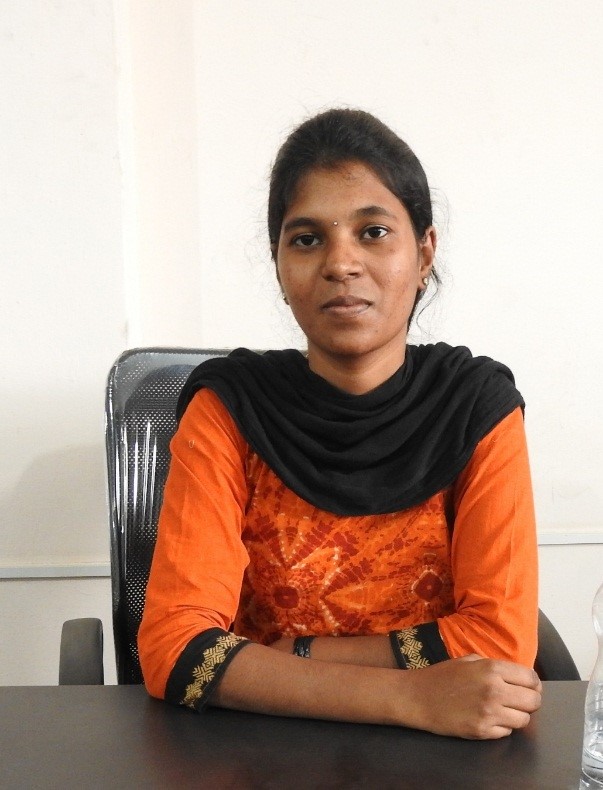There is no particularly pleasant word to describe the waste that leaves our bowels after digestion. Faeces. Excreta. Stool. Poop. Composed of varying proportions of bacterial biomass, protein or nitrogenous matter, carbohydrate or undigested plant matter and fat, human faeces is essentially a rich blend of organic solids and water. The remaining solids consist of calcium and iron phosphates, intestinal secretions, small amounts of dried epithelial cells and mucus [1]. Everywhere in the world, it is deplored for the signature foul smell of its odorous volatiles that are derived from the decomposition of sulfur-containing amino acids. And its range of colours, shapes and consistencies are disgusting at best. Poop is clearly a physical, biological construct. In India, it is also a social construct.
The social connotations of poop are a consequence of the country’s lamentable experience with manual scavenging. Manual scavenging refers to the process of manually carrying, disposing and any sort of handling of human waste from sewers and pit latrines. This human waste is often handled with only the simplest of tools (i.e. flimsy brooms and buckets), without any protective safety or sanitation gear. In fact, manual scavengers commonly use their bare hands to empty filled pits and clean clogged sewers and then transport the waste on their heads to dumping grounds. It is an inhuman occupation that people are forced into without any other opportunities for livelihood, exposing themselves to infection and indignity.
But the deepest evil of manual scavenging is its strong correspondence with caste-based discrimination. Generation after generation, members of oppressed castes were employed only as manual scavengers and rejected from any other employment, not to mention any other social participation [2, 3]. Some legislative progress has been made regarding this injustice. In 1993, Parliament enacted the Employment Of Manual Scavengers And Construction Of Dry Latrines (Prohibition) Act. This was reinforced by the more comprehensive Prohibition Of Employment As Manual Scavengers And Their Rehabilitation Act in 2013. The reality, however, is that the practice of manual scavenging continues in rural and urban settings around the country today.
While the condemnation of manual scavenging is unquestionable, there is one key disadvantage to the nonspecific rejection of all forms of human management of waste collection pits. Urine-diverting dry toilets (UDDTs), for example, offer an environmentally-friendly sanitation alternative in many areas around the country that lack sufficient access to water or have a high risk of surface water and groundwater contamination. Once the urine is diverted, the solid waste is collected in pits for several months until it is entirely composted. UDDTs are one model of EcoSan toilets, named for basing their design on the concept and movement of ecological sanitation – the desire to close the loop between human excreta and agriculture. EcoSan toilets can reduce water use, effectively manage faecal sludge and even promote livelihoods, lowering compost costs for farmers and providing employment to the people who sell the compost.
What remains is an apparent conflict between environmental progress and social progress. Some believe the connection between EcoSan toilets and manual scavenging is too strong [4]. After all, someone would have to collect and transport the resulting compost. That and the general disdain for human waste may prevent EcoSan toilets from being accepted by the Indian mainstream. Others deny the similarity, since the faeces is processed and treated until it is unrecognizable as such, and EcoSan compost management can require high safety and sanitation standards to protect workers. Moreover, the greatest immorality of manual scavenging is that it forces this work on one specific community, relying on caste-based and religious tradition to validate discrimination. Though idealistic, the burdens of managing and maintaining EcoSan toilets and compost can be distributed fairly within a community [5].
I do not know what is more troubling: promoting a system that is well-intentioned but reminiscent of the human indignity and oppressive reality of manual scavenging, or the environmental devastation and corresponding human suffering that will result without ecologically-sound, sustainable sanitation solutions. Perhaps there is not a generalizable conclusion of what ends to prioritize. In fact, the ends do not appear to have any contradiction at all. It is the means to achieve social justice and ecological sanitation that must be reconciled.
—
References:
[1] Rose, C., Parker, A., Jefferson, B., Cartmell, E. (2015). “The Characterization of Feces and Urine: A Review of the Literature to Inform Advanced Treatment Technology.” Critical Reviews in Environmental Science and Technology. 45 (17): 1827–79.
[2] A friend recently recommended this Tamil documentary by Divya Bharathi to better understand the caste-based oppression of manual scavenging.
[3] For a background on caste in India, many refer to Dr. BR Ambedkar’s Annihilation of Caste. I suggest reading Arundhati Roy’s introduction, The Doctor and the Saint, as well.
[4] At a conference I recently attended, Vishwanath Srikantaiah, director of the Bangalore-based, ecologically-minded design firm, Biome, spoke to the impracticality of mainstreaming EcoSan toilets in India. While undoubtedly theoretically superior to current sanitation systems, he does not think they will stick beyond a niche community of environmentalists.
[5] I heard Santa Sheela Nair, a former Tamil Nadu bureaucrat, say that the environmentalist and sanitation community of academic, public, corporate and social sector leaders have a responsibility to advocate for the potential of EcoSan regardless of what we believe may be acceptable in communities. There is a reason why EcoSan toilets are not banned under the relevant 1993 and 2013 legislation – it is not manual scavenging. Nair urged us not to be disillusioned by what seems in line with community norms. After all, if norms were never questioned and challenged, manual scavenging may have still been legal today.
The article was first published here http://aif.org/2017/04/poop-as-a-social-construct/ on April 25, 2017







 Chuimayo is another young boy who lived with his parents and siblings in the Indian north eastern state of Manipur. Aspirations and dreams are not within the reach of many in that state. Chimayo’s uncle lived in Bangalore and forced his parents to let him relocate to Bangalore in hopes of better education and facilities.
Chuimayo is another young boy who lived with his parents and siblings in the Indian north eastern state of Manipur. Aspirations and dreams are not within the reach of many in that state. Chimayo’s uncle lived in Bangalore and forced his parents to let him relocate to Bangalore in hopes of better education and facilities.